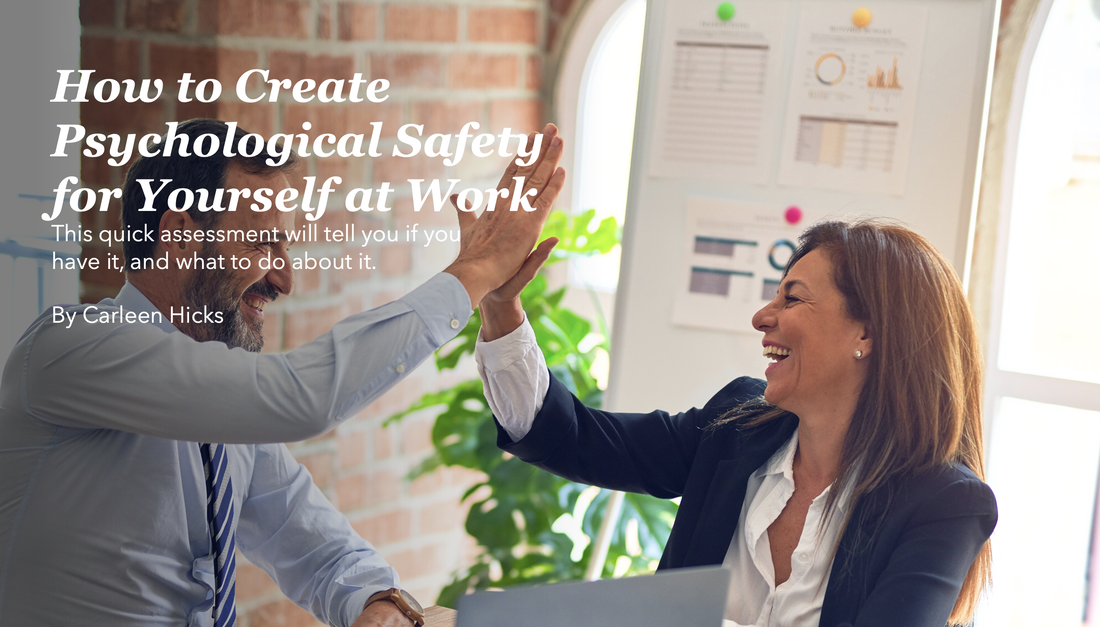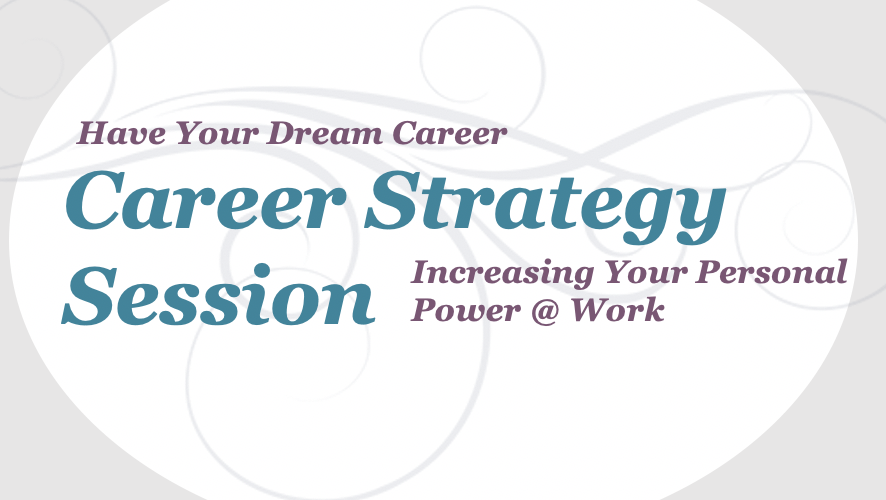|
Psychological safety is a big concept, a media catch-phrase and the number one thing that sets high performing teams apart from all the rest. Simply put, psychological safety is knowing you can suggest ideas, admit mistakes and take risks without reprisal from others at work. Without it, you are spending large parts of the day figuring out what to say, and what not say. Sorting out who you can trust and who you can’t. Essentially, you are not able to express yourself at work, and that always has a cost to your well-being. Psychologically unsafe workplaces come on a continuum; from toxic to simply exhausting. They make you question yourself, and wonder what steps you should be taking for your career and welfare. First step? Figure out if you are working in a psychologically safe environment. This quick quiz is inspired by Amy Edmonson's Team Psychological Safety Assessment. Using a scale of one (strongly disagree) to seven (strongly agree) rate your workplace experience on the following:
To find your result, add up your scores from questions 2, 3, and 5 for a subtotal. Then, subtract your score on question 1 from 8 (i.e., if you gave yourself a score of 2 on this question, you subtract that from 8 for a final score of 6 for question 1) and do the same with your score on question 4. Then add both of those numbers to the subtotal to get your final result.
So, what options do you have if you are in a psychologically unsafe team environment? There are many things in your power to create more safety for yourself and others at work.
Staying quiet about a psychologically unsafe working environment means things can’t change. Consider what the real risks are to your career in working in an environment where you have no voice. If you have concerns about the safety of speaking up on your team, what is the risk in bringing this up with your manager? If things are truly toxic you may need to look for a new place to work, protecting your well-being. But before you leave (and from the safety of having that new job to go to), say something – it could be a game-changer for others.
0 Comments
Your comment will be posted after it is approved.
Leave a Reply. |
|
|


